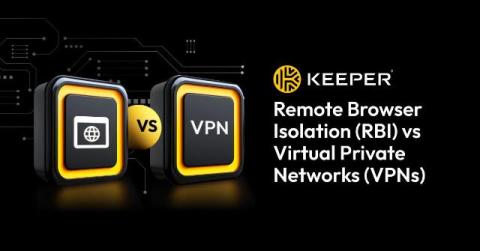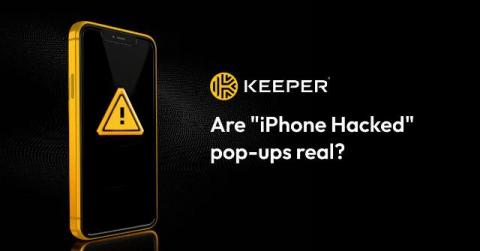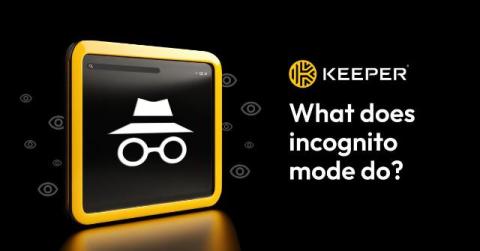QR Code Scams You Should Be Aware Of
A Quick Response (QR) code is made up of black and white pixels, designed for someone to scan with their camera to access links, contact information and more. Some common QR code scams you should be aware of include QR codes on parking meters, unexpected package deliveries, phishing emails, restaurant menus or unsolicited text messages. One study in October 2023 found that 22% of worldwide phishing attacks used QR codes to spread malware.











